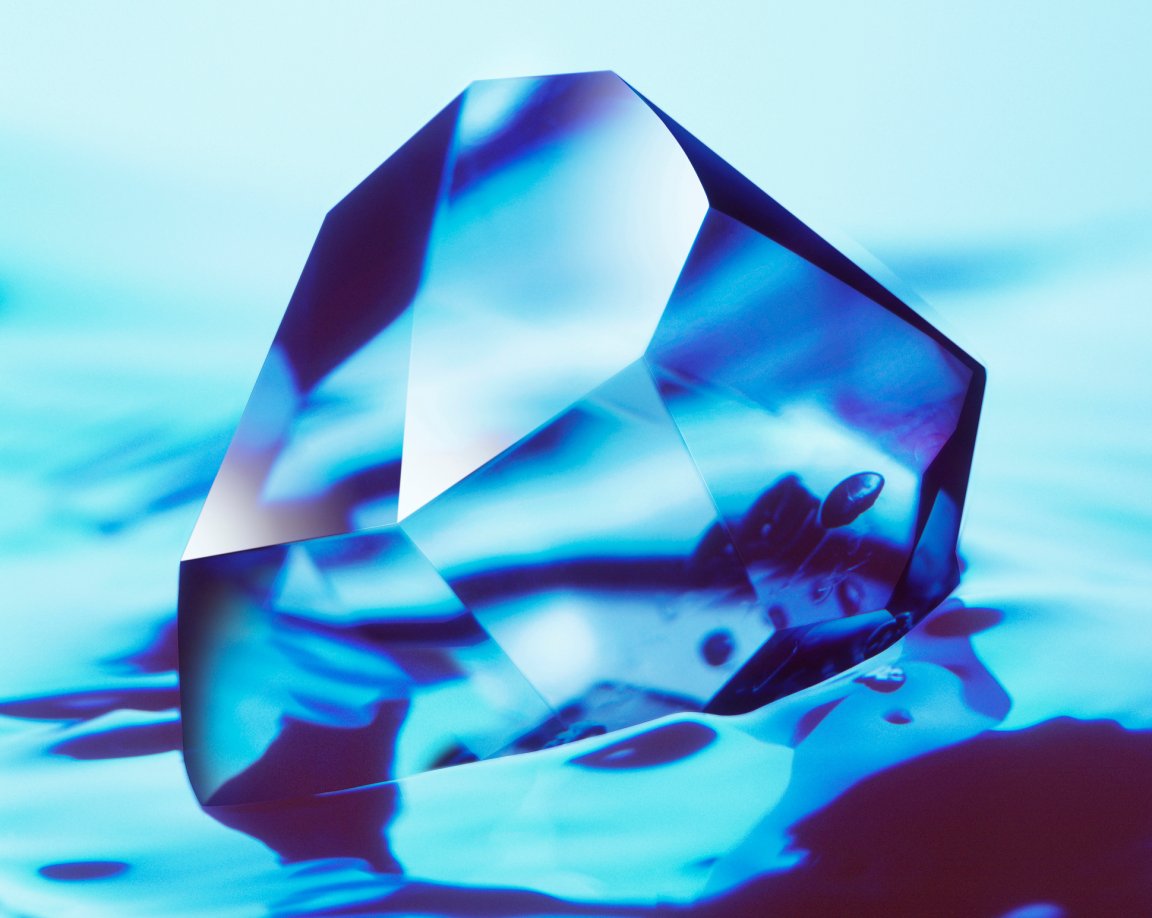
Understanding the Bizarre
Time crystals can exist — it’s already been proven. Previously, two teams of researchers created their own time crystals that bend the laws of space and time. One of these, from the University of Maryland, used a chain of charged particles called ytterbium ions. Meanwhile, the other team from Harvard University created an artificial lattice using synthetic diamond.
Both setups demonstrated the quantum system behind such an object, and both produced new materials that work as time crystals.
Since it was first conceptualized in 2012 by physicist and Nobel laureate Frank Wilczek, time crystals have made its way out of the theoretical and into the real world. It took — you guessed it — time, because time crystals are essentially impossibilities. Simply put, a time crystal is like conventional crystals, but with an added twist. Instead of just lattices repeating in space, it also repeats in time by breaking what’s called a time-translation symmetry.

Because of this unique quality, time crystals exhibit movement while remaining in its lowest energy or ground state. This bizarre phenomenon is the first example of non-equilibrium phases of matter.
Applications in Quantum Technologies
Now, the Harvard researchers, led by physics professors Mikhail Lukin and Eugene Demler, want to understand more about this new kind of material. Its physics has been proven, yes, but a lot more remains to be uncovered about it. “There is now broad, ongoing work to understand the physics of non-equilibrium quantum systems,” Lukin explained in an interview for a Harvard press release.
Indeed, research into materials like time crystals are helping us understand the physics of both the quantum world and our own. Such scientific anomalies often lead to knowledge that allows us to transform these worlds. In this case, the time crystals have provided Lukin and the other researchers with an avenue to develop new technology — such as precision measurement tools, quantum sensors, and even atomic clocks.
A particularly interesting potential application of time crystals is in quantum computing. Quantum computers are going to be the next generation of computing machines, as these will be more powerful, more precise, and more efficient than existing computers. Its use of quantum bits (or qubits) to process data and information is the key. Instead of relying on bits of 0s and 1s, quantum computers use qubits that can be both a 0 and 1 at the same time because of a quantum phenomenon called “superposition.” Time crystals can, perhaps, help develop these into workable models.
“This is an area that is of interest for many quantum technologies,” Lukin said, “because a quantum computer is basically a quantum system that’s far away from equilibrium. It’s very much at the frontier of research…and we are really just scratching the surface.”
Once realized, quantum computers could revolutionize the way we do research by solving the most complex problems in a flash.